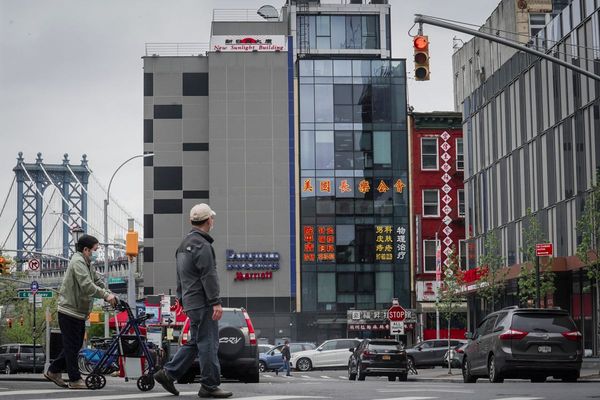
Julian Assange’s supporters are celebrating after the WikiLeaks founder had a win in court overnight — but what does it mean, and what happens next?
What happened in court?
The UK’s High Court ruled Assange can bring a new appeal against his extradition to the US, where he faces 18 charges, including an alleged crime under the Espionage Act. He risks up to 175 years in prison if convicted on all counts.
If Assange is eventually extradited to the US, would he face the death penalty?
The court heard that US authorities had vowed not to try Assange for any crimes that would carry the death penalty. Assange’s lawyers accepted that assurance.
“The United States is able to provide such assurance as Assange is not charged with a death-penalty eligible offence, and the United States assures that he will not be tried for a death-eligible offence,” a note from the US embassy in London read, according to the Independent.
According to Al Jazeera, that would mean the Espionage Act charge would not be brought against him.
But there were other assurances that Assange’s legal team wasn’t ready to accept. A barrister for the Australian said a promise made by the US that Assange would be able to rely on a constitutionally enshrined free speech defence, despite not being a US citizen, was “blatantly inadequate”.
How did we get here?
The US says the Australian endangered lives when his whistleblowing organisation WikiLeaks published leaked documents in 2010 and 2011 related to the Iraq and Afghanistan wars.
Assange’s supporters say the publications were legitimate works of journalism and that Assange, who is being held in London’s Belmarsh prison, shouldn’t be punished for it.
The Australian has spent more than a decade indoors, including seven years inside an Ecuadorian embassy apartment in London. He was detained by UK police in 2019.
What’s going to happen now?
If Assange, who did not attend Monday’s hearing due to ill health, had lost his bid to lodge a new appeal, his legal avenues in the UK would have been exhausted. Now that the court has agreed he should be allowed to appeal, he will have a number of months to prepare his case, the BBC reported. He will remain behind bars in the notorious Belmarsh Prison for now.
Is this new appeal the last avenue for Assange?
There are a few other potential wrinkles in the case. While Assange’s legal team dismissed a news story in March that claimed the US was considering offering him a plea deal, President Joe Biden has said he’s “considering” an Australian government request to drop the prosecution.
“We’re considering it,” Biden said in April, according to the BBC.
Should all else fail, Assange will still be able to bring his case to the European Court of Human Rights. That court could delay a potential extradition by several years while it looks into whether the UK has complied with its obligations under the European Convention on Human Rights, Al Jazeera reported.







